The world we want
The Sustainable Development Goals (SDGs), sometimes called the Global Goals, are a worldwide movement to break the cycle of poverty
The challenge: Air, land, and water are shared global resources, and a healthy environment is crucial for humans to thrive. But climate change, one of the defining issues of our time, has observable effects including rising sea levels and longer, more intense heat waves. Shifts in weather patterns and frequencies of natural disasters have increased, sometimes catastrophic, impacts – including in parts of the developing world, where communities are increasingly vulnerable to food insecurity and economic crisis.
As environmental degradation and climate change have had a growing impact on the populations that we serve, protecting the environment and mitigating climate change, as well as helping populations adapt to the effects of climate change, has taken on increased urgency and importance.
Our solution: Our programs promote environmental sustainability, mitigate the impacts of climate change, and encourage creative solutions to the challenges facing our planet. We encourage sustainable uses of natural resources to mitigate further contribution to climate change, and we work with communities to improve their ability to adapt to existing or expected changes in their environment.
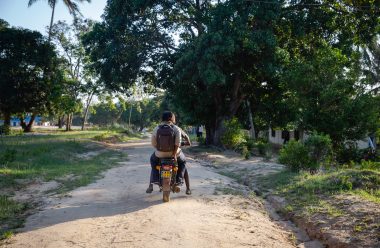
The Sustainable Development Goals (SDGs), sometimes called the Global Goals, are a worldwide movement to break the cycle of poverty
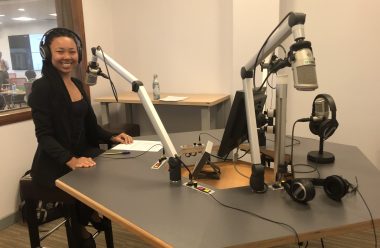
Rosie Jervase was part of the 2018-2019 cohort of the International Youth Fellowship Program. She was placed at the Aga Khan University’s East Africa Institute in Nairobi.
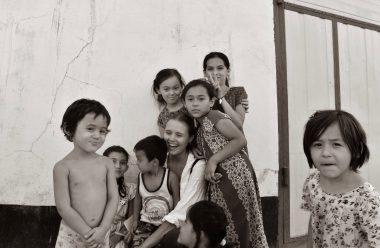
Jaclyn Dolski was placed in Dushanbe, Tajikistan through AKFC’s fellowship program.
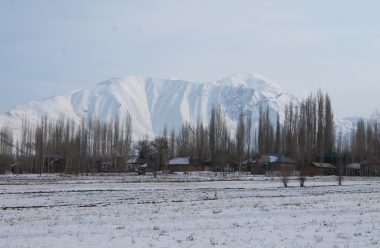
Taylor Marlow was part of the 2018-2019 cohort of the International Youth Fellowship Program. She was placed at the Aga Khan Agency for Habitat in Dushanbe, Tajikistan.
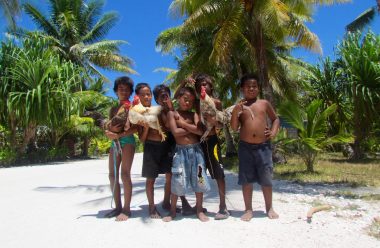
Shannon Gormley’s project focused on the country of Kiribati, and how its most vulnerable residents are dealing with rising sea levels and climate change.
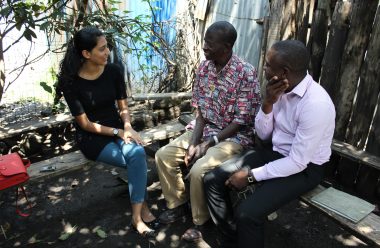
Duration: 2014-2017 Location: Kenya, Tanzania, Uganda Reach: This is a research project with no direct beneficiaries. Budget: $350,000 (AKFC: $150,000; International
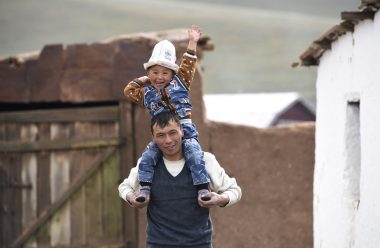
Duration: 2012-2018 Location: Afghanistan, Bangladesh, Burkina Faso, Canada, Egypt, Uganda, India, Kenya, Kyrgyz Republic, Madagascar, Mali, Mozambique, Pakistan, Tajikistan, Tanzania
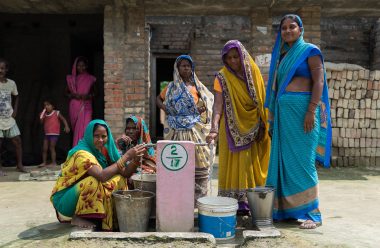
Duration: 2015-2019 Location: India Reach: 101,100 households and 528 schools Budget: $44.2 million (Government of India: $16.9 million; other donors: $14.3 million;
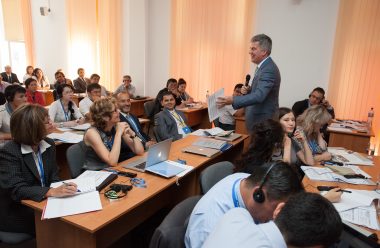
Duration: 2017-2020 Location: Afghanistan, Tajikistan Reach: 51,175 people Budget: $2.2 million (International Development Research Centre: $1.5 million; AKFC: $500,000; Ministry of